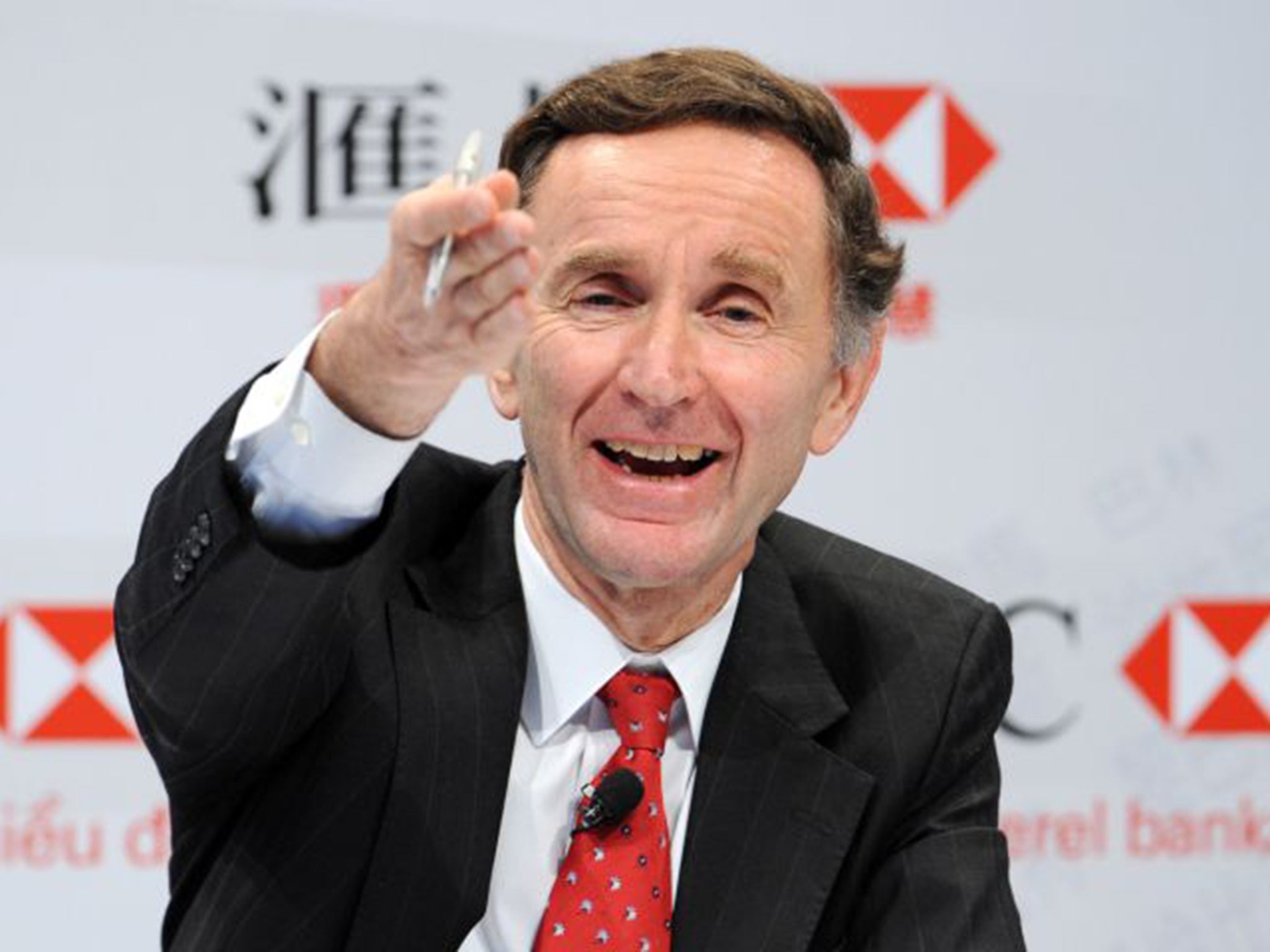Britain's £100bn-a-year money-laundering problem: police only acted forcefully on seven reports of grand corruption last year
Police 'lack resources' to carry out money-laundering investigations

Britain is failing to prosecute corrupt officials laundering their money through front companies, banks and luxury houses here, because the police lack the resources and the legal processes are woefully inadequate.
That is the conclusion of a report from the biggest anti-corruption NGO, Transparency International, into why so few money-laundering investigations and asset seizures happen in the UK despite Britain’s status as one of the biggest centres in the world for the cleaning of ill-gotten gains.
Last year, there were over 300,000 suspicious activity reports filed by banks, stockbrokers and other companies to law-enforcement agencies about their clients. The vast majority of these were categorised as "for intelligence value only", the least serious category. Fourteen thousand were considered to be more serious, so much so that the companies requested consent to handle the transaction.
Only 94 were grand corruption issues, of which the police only blocked seven.
Nick Maxwell, head of research at TI, said: "We believe the true number of grand corruption cases is likely to be much higher than 94. Only acting on seven of those is too low. It is not that law enforcement is too slow, but they just do not have the time or powers to investigate these cases. The law enforcement approach in the UK is simply not fit for purpose.”
The TI report comes as Britain and other rich Western nations have been embarrassed that it took the US, where soccer is not the most popular sport, to launch the first meaningful investigation into corruption at Fifa. It recommends that a far more proactive, US-style regime is adopted here, one that will have what it takes to crack Britain’s money laundering problem.
The US has also been much more active in pursuing banks, imposing a record $1.9bn fine on HSBC in 2012 for its part in helping Mexican drug cartels launder money through New York.
The National Crime Agency estimates £100bn a year of corrupt foreign money is laundered in the UK. Upmarket property, luxury goods and the British financial system are particularly common destinations for criminal cash from Russia, eastern Europe and Africa.
TI found that actions over corrupt cash were rare for two main reasons: the shortage of funding for UK law enforcement agencies and the very limited period they have under the rules to investigate suspicious activity reports (SARs).
Under the Proceeds of Crime Act, all businesses have to notify the National Crime Agency through an SAR if they suspect a person could be laundering money.
In an indication of how much money is at stake, TI discovered that those seven blocked transactions alone were worth a total of £113m.
Under the current rules, police have only 31 days to refuse consent on an SAR; this was found to be much too short a time to investigate complex corruption cases.
Worse still, the rules typically require a suspect’s country of origin to have proved that the person in question has committed a criminal act. This is often unlikely to be the case in poor or unstable countries where corruption tends to be most rife.
In the vast majority of cases, the police fail to find adequate evidence in time, the 31-day period expires and the transaction automatically gets approved, even if the police have serious reason to suspect corruption.
TI gave the example of a foreign official who had declared a salary of $100,000 a year putting £20m through a UK bank account. While such a transaction looks suspicious and clearly merits closer scrutiny, if the person requesting it has not been found guilty of stealing the money in their home country, the UK police would be unlikely to find enough evidence to block it; the transaction would therefore be marked “approved” and sail through the system.
TI called for much stronger powers to be granted to the UK authorities. It called for the creation of the unexplained wealth order – a law enforcement tool that would give the FCA the power to demand that suspicious would-be investors come to the UK to explain where their cash came from.
Under the TI’s proposals, once the police issued such an order, the clock would stop ticking in the 31-day investigation, allowing them to conduct a full investigation into the provenance of the money, with or without the assistance of the country of origin.
Mr Maxwell said that unexplained wealth orders would be similar to the highly effective Grand Jury subpoenas commonly used in the US court system.
Widening the net: Anti-corruption proposal
One proposal from Transparency International is to extend existing legislation and permit police to seize cash from organised criminals, public officials and politicians suspected of corruption. A magistrate could quickly approve the seizure of cash, without the need for a suspect to have been convicted of an offence. The suspect would be given the chance to explain the legitimate sources of the funds if they wished to contest the order.
While it admitted this option might be criticised as a privacy infringement, it argued that it would prevent foreign officials from laundering their corrupt cash through the UK.
Subscribe to Independent Premium to bookmark this article
Want to bookmark your favourite articles and stories to read or reference later? Start your Independent Premium subscription today.

Join our commenting forum
Join thought-provoking conversations, follow other Independent readers and see their replies